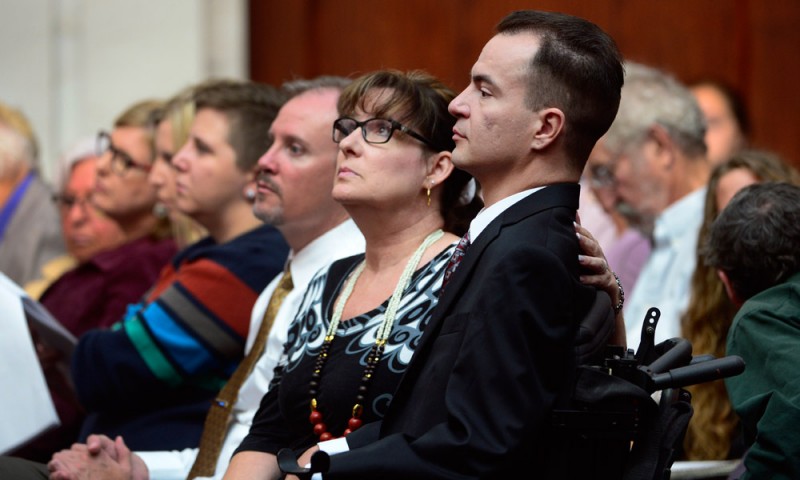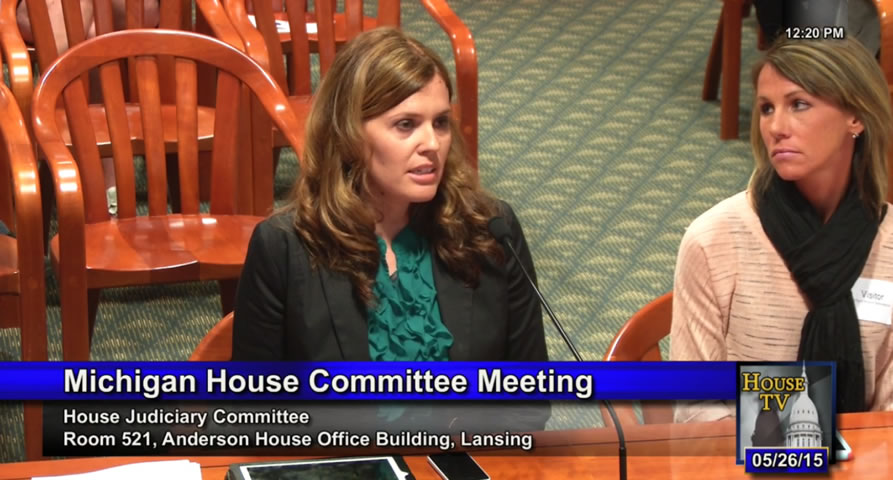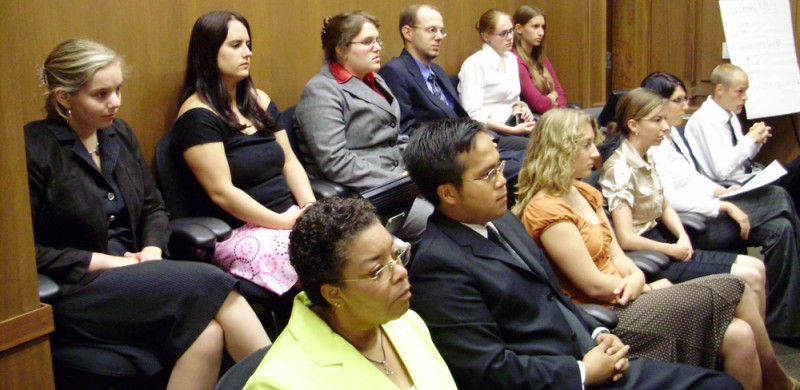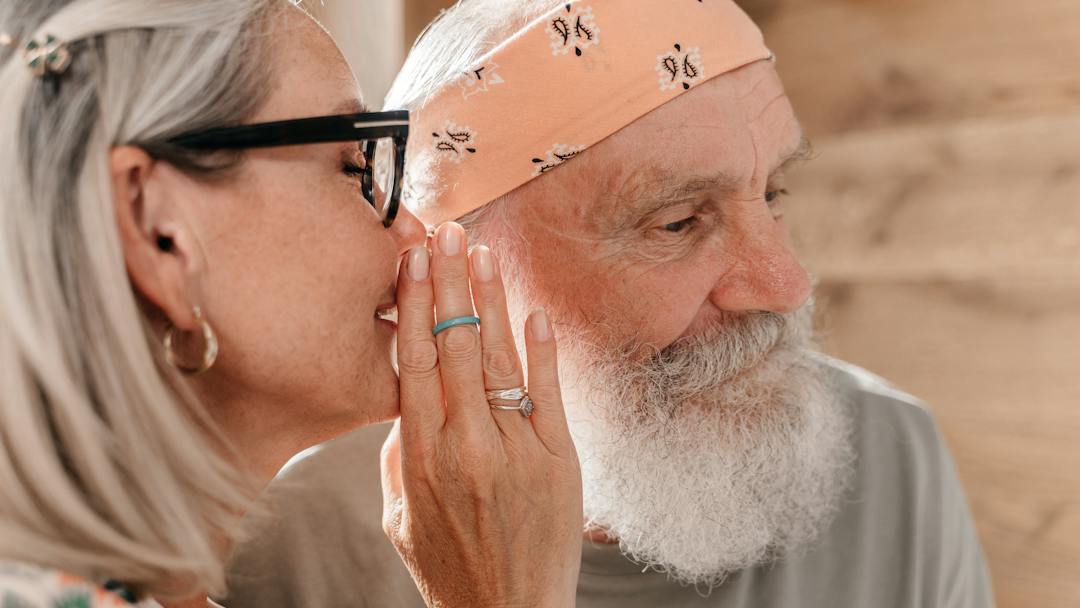Michigan Rules of Evidence 801-807 Hearsay:
In the courtroom, truth-finding is paramount. Yet, not every statement offered as evidence directly reveals the truth. Enter the realm of hearsay, statements made out of court, and the complex rules governing their admissibility. In Michigan, Rules of Evidence 801-807 serve as the gatekeepers, determining which hearsay statements can cross the threshold and be heard by the jury.
Rule 801: Hearsay and its Exceptions
The battle begins with understanding the enemy – hearsay. Rule 801 defines it as a statement:
- Made outside of court: The statement cannot be made during the current trial or hearing by the person who made it (the declarant).
- Offered to prove the truth of the matter asserted: The statement’s purpose is not just to narrate an event, but to convince the jury of the truth of the matter it describes.
However, not all out-of-court statements are hearsay. Rule 801 itself provides several exceptions:
- Present sense impressions: Statements made about an ongoing event or sensation perceived by the declarant are admissible. Imagine a witness describing a car accident as it unfolds.
- Excited utterances: Statements made under the stress of a startling event, while still fresh in the declarant’s mind, can be admitted. Think of a person’s immediate cry for help after being robbed.
- State of mind: Statements revealing the declarant’s then-existing state of mind, such as intent, belief, or emotion, are admissible. For example, a suicide note expressing the writer’s intent to end their life.
Rule 802: The General Hearsay Ban – A Wall with Cracks
While Rule 801 identifies the enemy, Rule 802 raises the barricades. It generally prohibits the admission of hearsay, recognizing the inherent danger of relying on uncross-examined statements. However, the rule isn’t a fortress—cracks exist in the form of numerous exceptions.
These exceptions fall into two broad categories:
- Unavailability of the declarant: When the declarant is unavailable to testify in court due to death, illness, or other legitimate reasons, certain hearsay statements become admissible. This includes prior statements made under oath (depositions or testimonies in other proceedings), dying declarations, and statements against interest.
- Reliability and trustworthiness: Even if the declarant is available, certain types of hearsay are admitted due to their inherent reliability and trustworthiness. These include business records, medical records, family records, public records, and certain statements about personal or family history.
Have your rights been violated?
Have your driving priviledges been revoked?
Has your professional license been suspended?
Second Amendment rights taken away?
Have you been charged with a crime?
Call our office to see if we can help
Komorn Law 248-357-2550
Rules 803-806 – A Spectrum of Exceptions
Each exception in Rules 803-806 has its own specific requirements and nuances. For instance, Rule 803(a) allows business records to be admitted if they were kept in the regular course of business and meet certain foundational requirements. Rule 803(b) permits excited utterances only if made under the immediate stress of a startling event, while Rule 803(c) allows statements against interest if the declarant would have reasonably expected the statement to harm their legal position.
These rules provide a spectrum of exceptions, balancing the need for reliable evidence with the concerns over hearsay’s inherent dangers. Navigating this spectrum requires careful consideration of the specific facts and circumstances of each case.

Rule 807: The Residual Exception – A Last Resort
Even after considering all established exceptions, some cases may still involve crucial hearsay evidence not neatly categorized. This is where Rule 807, the residual exception, steps in. It allows for the admission of hearsay that doesn’t fall under any other exception, but only if it meets four strict conditions:
- Equivalent circumstantial guarantees of trustworthiness: The statement must have indicia of reliability comparable to those of the established exceptions.
- Material fact: The statement must be relevant to a significant issue in the case.
- More probative than any other available evidence: The statement must be the best evidence available on the issue at hand.
- Serves the purposes of these rules and the interests of justice: Admitting the statement must ultimately advance the goals of fair and just adjudication.
The residual exception is a powerful tool, but its use is limited and subject to careful judicial scrutiny.
Important:
This article provides a simplified overview of the Michigan Rules of Evidence for informational purposes only. It should not be interpreted as legal advice. When facing legal matters, always consult with a qualified attorney for professional guidance.
The Michigan Rules of Evidence are subject to change over time. Always consult the latest official version for accurate information.
Here is the link to the Michigan Rules of Evidence Handbook. Check the footer for the latest update.
Related Articles
No Results Found
The page you requested could not be found. Try refining your search, or use the navigation above to locate the post.
More Posts

Detroit police make arrests at marijuana dispensary
The Detroit police raided and made arrests at marijuana dispensary in an article in the Detroit Free Press from July 14, 2015. Detroit police arrested two people and confiscated two firearms and drugs during a raid on a marijuana dispensary Tuesday afternoon. Police...

Michigan Medical Marihuana Patient Bill of Rights
On November 8th, 2008, by a majority of 63 percent, the citizens of the State of Michigan voted into law the constitutional initiative, Initiated Law 1 of 2008, ratified into law December 4, 2008, herein referred to as the Michigan Medical Marihuana Act, MCL 333.26421...

Colorado Supreme Court: Employers can fire for off-duty pot use
The Colorado Supreme Court ruled Monday Jun 15, 2015, that Employers’ zero-tolerance drug policies trump Colorado’s medical marijuana laws. In a 6-0 decision, the Colorado Supreme Court affirmed lower court rulings that businesses can fire employees for the use...

How a sex toy put spotlight on Michigan civil asset forfeiture laws targeted for reform
The headlines read... "How a sex toy put national spotlight on Michigan civil asset forfeiture laws targeted for reform" "State Legislators Reconsider Forfeiture Laws That Turn Cops Into Robbers" "Why Take My Vibrator?" Cops Legally Rob "every Belonging"...

Reform Today’s Forfeiture Laws
Everyday, I get calls to my office from medical marijuana patients and caregivers who have been raided or pulled over by police. Often times, these individuals are not arrested, and little if any paperwork is left behind by the various Narcotics Enforcement Teams....

KOMORN LAW NEWSLETTER ISSUE #1 May 2015
The Michigan Legal Advisor News Letters. Read the current newsletter from Michigan's #1 Medical Marijuana Defense Attorney Michael Komorn. KOMORN LAW NEWSLETTER ISSUE #1 May 2015 Michael Komorn is recognized as a leading expert on the Michigan Medical...

Attorney Michael Komorn Lectures Students at the U of M Law School
I wanted to give a huge thanks to University of Michigan Law School Professors Howard Bromberg, Mark Osbeck and Law School class. This past Thursday I had the honor of being asked to speak about my favorite topics, the Michigan Medical Marihuana Act and the practice...

Jury Selection In Marihuana Cases
A jury trial is fundamental to our democratic system of government. Every American citizen should embrace this responsibility by participating, and ensure justice prevails. by Michael Komorn I just picked a jury in a marihuana case, there were several perspective...

Planet Green Trees Radio Episode 149-MSC People v. Koon
The best resource for everything related to Michigan medical marijuana with your host Attorney Michael Komorn. Live every Thursday evening from 8 -10 pm eastern time. By Michael Komorn The Michigan Supreme Court issued a unanimous opinion making a finding that...

Polygraphs Proven Unreliable, Used for Police Intimidation
Polygraphs are widely recognized as unreliable yet police still use them to elicit confessions. By Michael Komorn Many states don’t allow polygraph test to be admitted in court because they are unreliable. Their lack of reliability is widely recognized by criminal...








